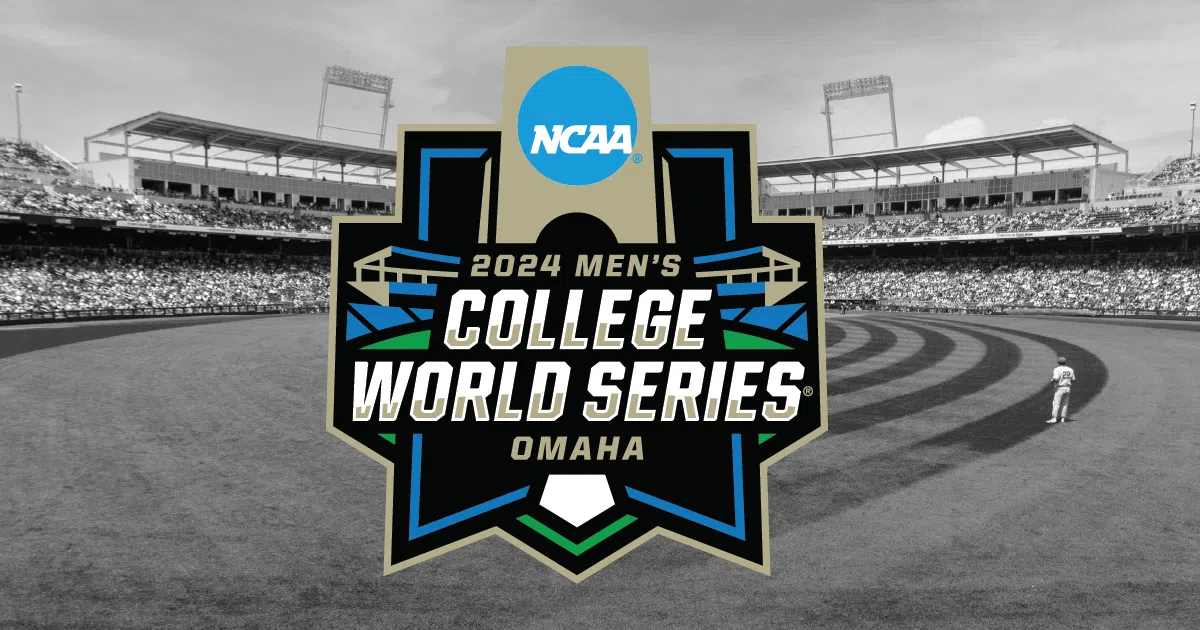Oklahoma Attorney General appeals HB 1775 court ruling • Oklahoma Voice

OKLAHOMA CITY – Attorney General Gentner Drummond has appealed a ruling that blocked parts of a controversial state law on teaching race and gender.
Oklahoma City federal judge Charles B. Goodwin on June 14 issued a temporary restraining order against parts of House Bill 1775, one of the most controversial laws Oklahoma has passed in recent years.
The plaintiffs seeking to overturn the law also intend to appeal, their lawyers said Tuesday.
Goodwin ruled that parts of HB 1775 and the administrative regulations enforcing it were unconstitutionally vague, but left much of the law unchanged.
Drummond announced his appeal to the Tenth Circuit Court of Appeals on Monday. His office declined to comment further.
A coalition of Oklahoma students, teachers, college professors and activists sued the state in 2021 in hopes of overturning HB 1775. The American Civil Liberties Union provided them with legal representation.

Megan Lambert, legal director for the ACLU of Oklahoma, said the plaintiffs also intend to appeal Goodwin’s ruling because the judge did not block the entire law.
“Specifically, the district court should have struck down all provisions of HB 1775 that apply to K-12 (schools) because they all fail to provide adequate guidance to educators about which instructional units are prohibited, thereby violating their right to due process under the 14th Amendment. In addition, they all impermissibly restrict K-12 students’ access to information, thereby violating their right to receive information under the 1st Amendment,” Lambert said in a statement.
The law set guidelines for universities as well as elementary and secondary schools. It prohibited colleges from implementing orientation sessions or requirements that contained “any form of racial or gender stereotyping” or similar bias.
Goodwin temporarily barred the state from enforcing that provision until the case is resolved, saying that section of the law is too vague and could prevent a college professor from identifying discriminatory views or requiring reading by authors who describe racial or gender discrimination.
HB 1775 also prohibited K-12 schools from teaching, among other things, that one race is superior to another, that a person is inherently racist or oppressive, and that anyone should bear responsibility or feel guilt for past actions of people of the same race or sex.
Goodwin left those parts of the law in place, but felt that other parts were vague enough to potentially violate the right to due process.
Sections that attempt to regulate treatment based on race or sex are too broad in scope and do not clearly explain what is prohibited, the judge found. He barred the state from enforcing those sections.
When Goodwin announced his decision, the Attorney General’s Office called the ruling “complicated and nuanced.”
Get the morning’s headlines straight to your inbox



